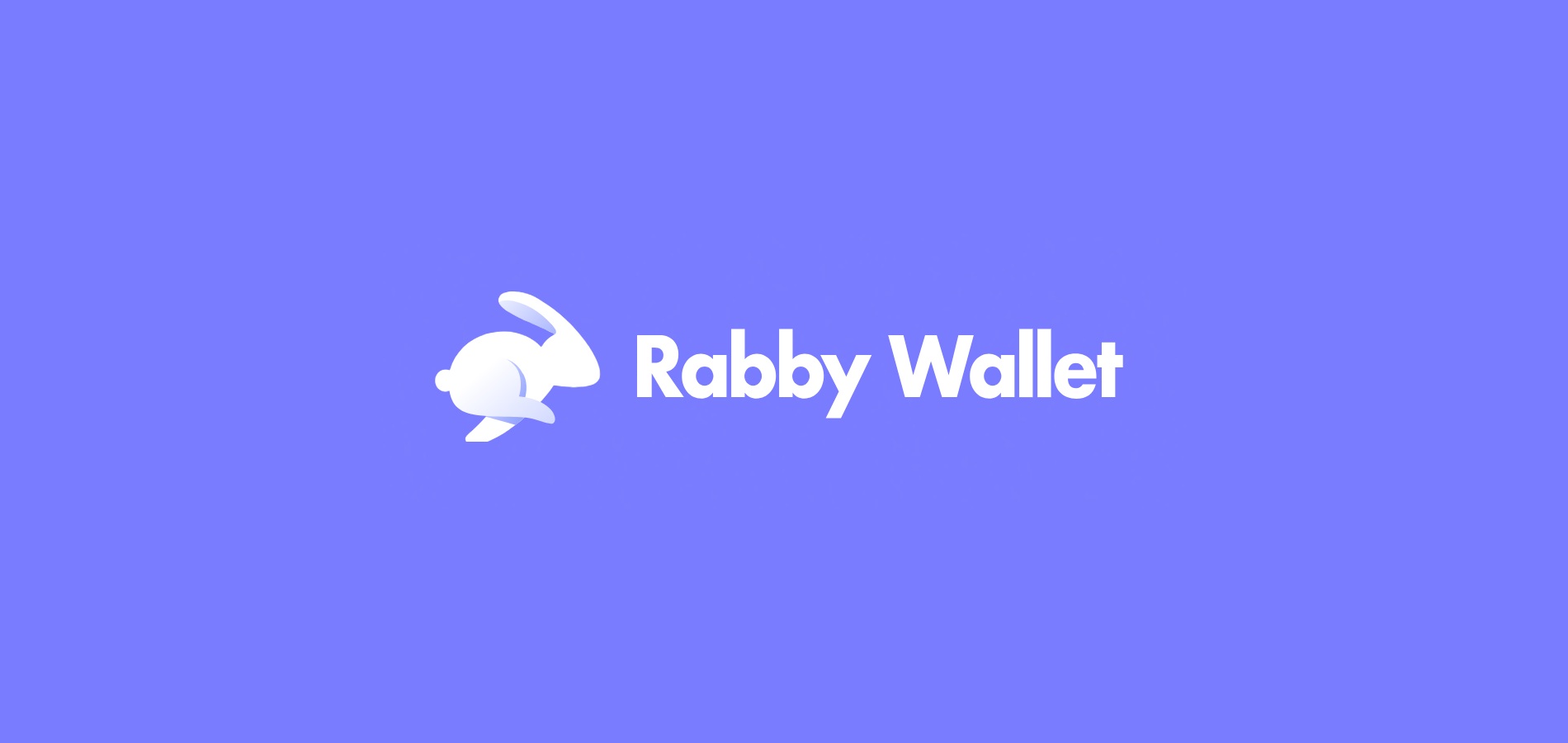Ever stared at your wallet after a DeFi trade and thought, “Whoa, where did all my gas fees go?” Seriously, the complexity of gas optimization in Ethereum and other chains can feel like a black hole for your crypto assets. Something felt off about how casually many users approve tokens without a second thought—like handing your car keys to a stranger and hoping for the best. Yeah, that’s a bad analogy, but you get me.
Gas fees are the lifeblood of blockchain transactions, yet they often turn into a money pit. The thing is, optimizing gas isn’t just about saving a few cents; it’s also about tightening your security posture in an ecosystem rife with exploits and phishing scams. Let me unpack why this matters, especially if you’re juggling multiple chains and DeFi protocols.
Initially, I thought gas optimization was purely a technical headache, but then I realized it’s deeply intertwined with token approval management and, by extension, your overall DeFi security. On one hand, you want fast, cheap transactions. On the other, you don’t want to compromise on safety or control. Here’s where things get complicated, and honestly, a bit frustrating.
Okay, so check this out—when you approve tokens on decentralized exchanges or lending platforms, you’re essentially granting permission to smart contracts to move your tokens. Most users just hit “approve” without setting limits, leaving their entire token balance vulnerable if the contract gets compromised. This oversight bugs me because it’s so avoidable but so widespread.
Wow! Just how many wallets out there offer granular control over token approvals? Not many. That’s why I find rabby so refreshing—it’s a browser extension wallet designed with multi-chain DeFi users in mind, focusing on exactly these pain points.
Gas Optimization: More Than Just Saving Dollars
People often think gas optimization means tweaking parameters or timing transactions during low network congestion. Sure, that helps. But it’s also about the smart contract interactions themselves. Some contracts are coded inefficiently, leading to unnecessarily high gas consumption. Others require multiple approvals or calls, which add up quickly.
My instinct said that if there was a way to batch or streamline these interactions, it would be a game-changer. Indeed, some wallets now offer features like batching transactions or suggesting optimal gas prices based on real-time network conditions. However, these tools aren’t perfect and sometimes require users to understand the nuances of gas mechanics—a steep learning curve for many.
Something else to consider: the rise of Layer 2 solutions and sidechains aims to cut gas fees drastically. But these come with their own security trade-offs and sometimes limited token support. So, while Layer 2s are promising, they don’t fully solve the gas fee dilemma for every DeFi user, especially those who operate across multiple chains.
On one hand, you want to embrace the cost-saving benefits. Though actually, I find it risky to jump on every new Layer 2 without thorough vetting. Security audits and community trust are critical here.
Here’s the thing—gas optimization without security awareness is like driving a sports car at top speed without a seatbelt. Fast and flashy but potentially disastrous.
Token Approval Management: The Silent Risk
Let me be blunt—it’s a huge security blind spot. Many users approve “infinite” allowances for tokens, meaning a contract can transfer unlimited amounts of their holdings. This practice is convenient but dangerous. If that contract is hacked or malicious, your tokens can vanish in a blink.
Rabby’s token approval management interface genuinely impressed me because it surfaces these allowances in a user-friendly way. You can see exactly which contracts have access and revoke or limit permissions without fuss. It’s a small feature, but for a DeFi user, it’s a very very important shield.
Honestly, I’m biased, but I think every wallet should prioritize this kind of control. The average user might not understand the risk, so making it visible and manageable is key.
Something else that bugs me—many times, revoking approvals costs gas, which discourages users from cleaning up their allowances. It’s a catch-22: you pay gas to improve security, but the gas cost deters you from doing so. This is where gas optimization and approval management intersect in a tricky way.
Here’s what I do sometimes: batch my revokes during moments of low gas prices or when I have multiple approvals to change. It’s not perfect, but it helps.
Security in Multi-Chain DeFi: Why It’s a Whole Different Ball Game
Multi-chain usage is exploding, and with it, the complexity multiplies. Different chains have different approval standards, gas models, and security nuances. Managing all this in one place is a headache—well, unless you’re using something like rabby, which supports multi-chain wallets and integrates gas and approval management seamlessly.
At first, I underestimated the security risks specific to multi-chain environments. But then I saw cases where a user’s approval on one chain was exploited, and due to cross-chain bridges, the attacker could move assets elsewhere. The interconnectedness adds layers of vulnerability.
Security isn’t just about the wallet or the blockchain; it’s about the entire ecosystem, including bridges, smart contracts, and user behavior. This complexity means users need tools that not only optimize gas but also actively manage and alert them about risky approvals across chains.
Wow, I feel like the DeFi world is evolving faster than most wallets can keep up. So, wallets like rabby that innovate on these fronts are critical.

Final Thoughts: Why You Should Care About This Now
Look, if you’re a DeFi user, ignoring gas optimization and token approval security is like leaving your front door wide open while bragging about your fancy alarm system. It just doesn’t add up. The landscape is shifting, and the risks are real.
Honestly, I’m not 100% sure how long it’ll take for the average user to catch on, but wallets that prioritize these features will lead the charge. If you’re curious or ready to take more control, give rabby a spin—it might just change how you think about DeFi security and gas management.
Something to ponder: are you optimizing your DeFi experience or just hoping for the best? Because, friend, in crypto, hope ain’t a strategy.
